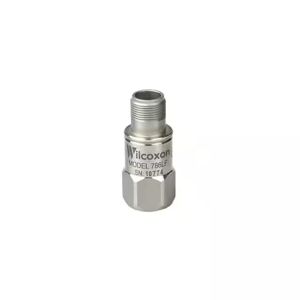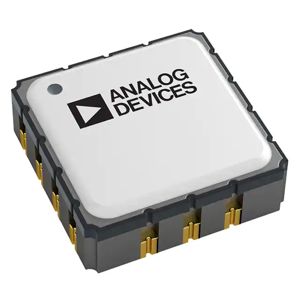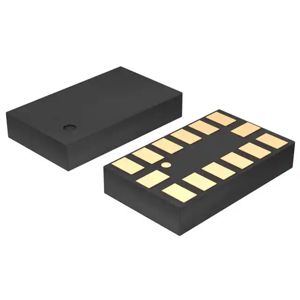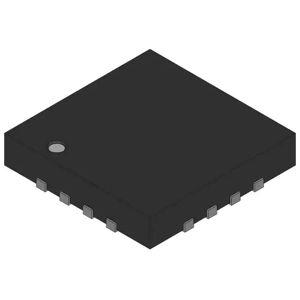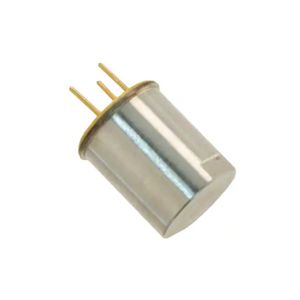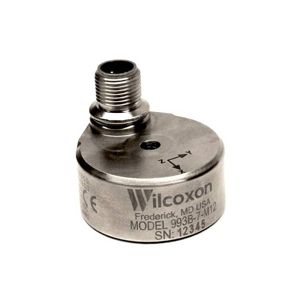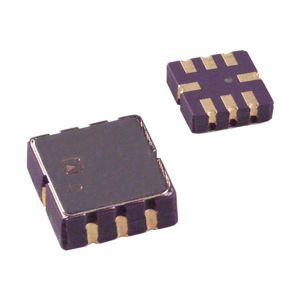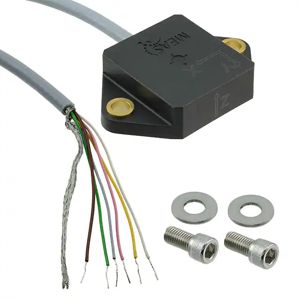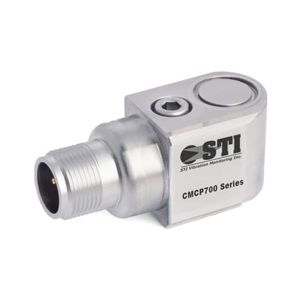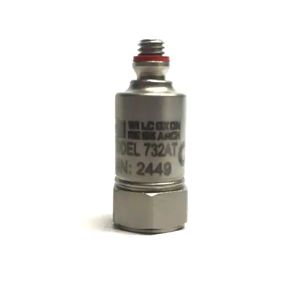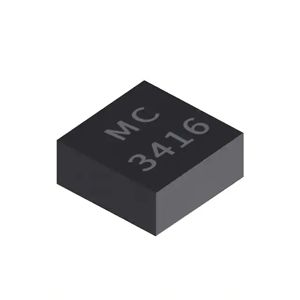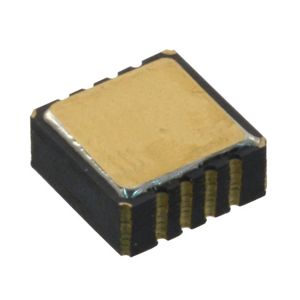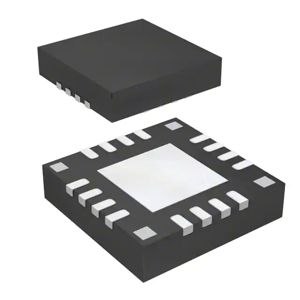
Motion Sensors - Accelerometers
Motion Sensors - Accelerometers: Precision in Motion Detection
Definition:
Motion Sensors - Accelerometers are specialized devices designed to measure acceleration forces, including static (gravity) and dynamic (movement or vibration) forces. These sensors are essential for detecting and analyzing motion in various applications, from consumer electronics to industrial systems. By converting mechanical motion into an electrical signal, accelerometers provide critical data for orientation, tilt, shock, and vibration detection.
Types of Motion Sensors - Accelerometers:
1. MEMS (Micro-Electro-Mechanical Systems) Accelerometers: Compact, low-power sensors widely used in smartphones, wearables, and IoT devices for motion tracking and gesture recognition.
2. Piezoelectric Accelerometers: Ideal for high-frequency vibration monitoring in industrial machinery, automotive testing, and aerospace applications.
3. Capacitive Accelerometers: Known for high accuracy and stability, commonly used in navigation systems, robotics, and medical devices.
4. Piezoresistive Accelerometers: Robust sensors capable of measuring high-impact forces, often applied in automotive crash testing and structural health monitoring.
Buying Recommendations:
When selecting an accelerometer, consider the following factors:
- Measurement Range: Choose a sensor that matches the expected acceleration levels (e.g., 2g for consumer devices vs. 500g for industrial impacts).
- Bandwidth: Ensure the sensor s frequency response aligns with your application (e.g., low-frequency for tilt sensing vs. high-frequency for vibration analysis).
- Output Type: Analog, digital (I2C/SPI), or wireless outputs should suit your system s integration requirements.
- Environmental Durability: For harsh environments, opt for models with robust enclosures and resistance to temperature, humidity, or shock.
Motion Sensors - Accelerometers are pivotal in enabling smart, responsive systems. Whether for innovation in consumer tech or precision in industrial automation, selecting the right accelerometer ensures optimal performance and reliability.
Filter and sort
Categories
CMCP782A
ECONOMICAL ACCEL, 100 MV/G TOP
786-500-M12
ACCEL IEPE SENSOR
AIS328DQTR
ACCELEROMETER 2-8G I2C/SPI 24QFN
AD22285-R2
ACCELEROMETER 50G ANALOG 8CLCC
LIS2DS12TR
ACCEL 2-16G I2C/SPI 12LGA
CMCP783A-M8
ECONOMICAL ACCEL 100 MV/G SIDE M
LIS3DSHTR
ACCEL 2-16G I2C/SPI 16LGA
SVT100-A
LOW POWER WIRELESS ACCELEROMETER
786LF
ACCEL IEPE SENSOR
ADXL356BEZ-RL7
ACCEL 10-20G ANALOG 14CLCC
LIS302ALBTR
ACCELEROMETER 2G ANALOG 14LGA
MMA5224KW
PSI5 ACCELEROMETER, 12V, X, 240G
805M1-0200
ACCELEROMETER 200G ANALOG TO5-3
993B-7-M12
TRIAXIAL ACCEL 4-PIN M12 CONN
ADXL103CE
ACCELEROMETER 1.7G ANALOG 8LCC
4030-002-120
ACCELEROMETER 2G ANALOG
CMCP785T
ACCEL&TEMP 100MV/G 10MV/C SIDE
732AT
ACCEL SENSOR
MC3416
3-AXIS ACCELEROMETER
3038-0050
ACCEL 50G ANALOG HERMETIC LCC









